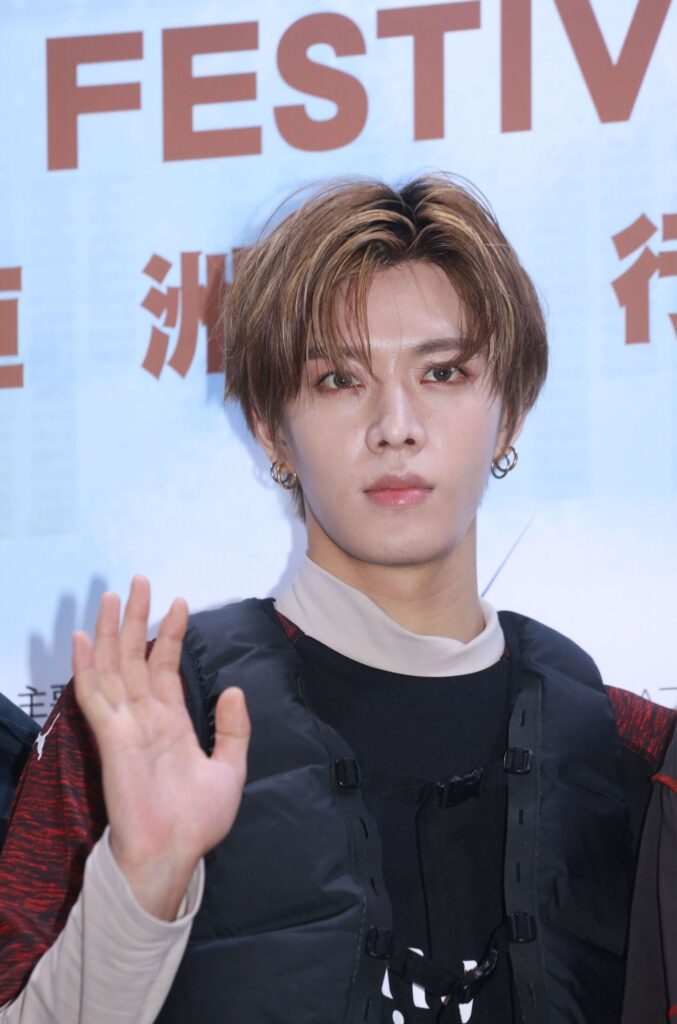First Japanese to debut from a major Korean agency
Yuta was originally an admirer of Tohoshinki and passed SM’s global audition held in Osaka in 2012. He then moved to Korea at the age of 16 and, after a period as a trainee, made his debut as a member of NCT127 in 2016. nct127 has won a total of 40 first place awards on Korean music programs and has successfully completed four world tours. Yuta has also been actively pursuing solo activities in Japan in recent years. Next year, he will perform at the Budokan for the first time. With only two months to go, this year marks the 60th anniversary of the normalization of diplomatic relations between Japan and South Korea. The history of “Japanese members in K-pop groups” spans 27 years. 1998 saw the debut of “Cycle,” the first multinational group in Korea’s history. In 1998, “Cycle,” the first multinational group in the country’s history, debuted with two female Japanese members. Around the same time, his company, SM, took the lead from Korea in its efforts to expand into Japan, with S.E.S. making its debut in Japan in 1998, followed by BoA’s big break in 2001. Yuta is the first Korean artist to “reverse the trend” in the 2010s, as the company has always aimed to “advance from Korea to Japan”.
How is he viewed in Korea?
He is a talented performer and fits in well with the group. I get the impression that he is fulfilling his role in the group, rather than appearing in a lot of variety shows and attracting attention for his behavior, like the Japanese member Rei of (six-member girl group) IVE, for example. The impression of Yuta’s “sincerity” is probably due in part to the fact that he is “quite fluent in Korean” and “passed the audition as a vocalist, but has also been entrusted as a main dancer since his debut. As for his Korean, in 2015, only three years after coming to Korea, he was selected as a regular on JTBC’s talk variety show “Non Summit Meeting (Non Summit Meeting in Korean)” (at that time, he formed a group called “SMROOKIES” and was working as a pre-debut act). The program featured young people from various countries dressed in suits and other formal attire discussing culture, history, and other topics in Korean. The way they spoke to each other in Korean and listened intently to what the other panelists had to say “made them more likeable in Korea, and their fan base grew,” said a reporter in charge of music for a Korean sports newspaper.


